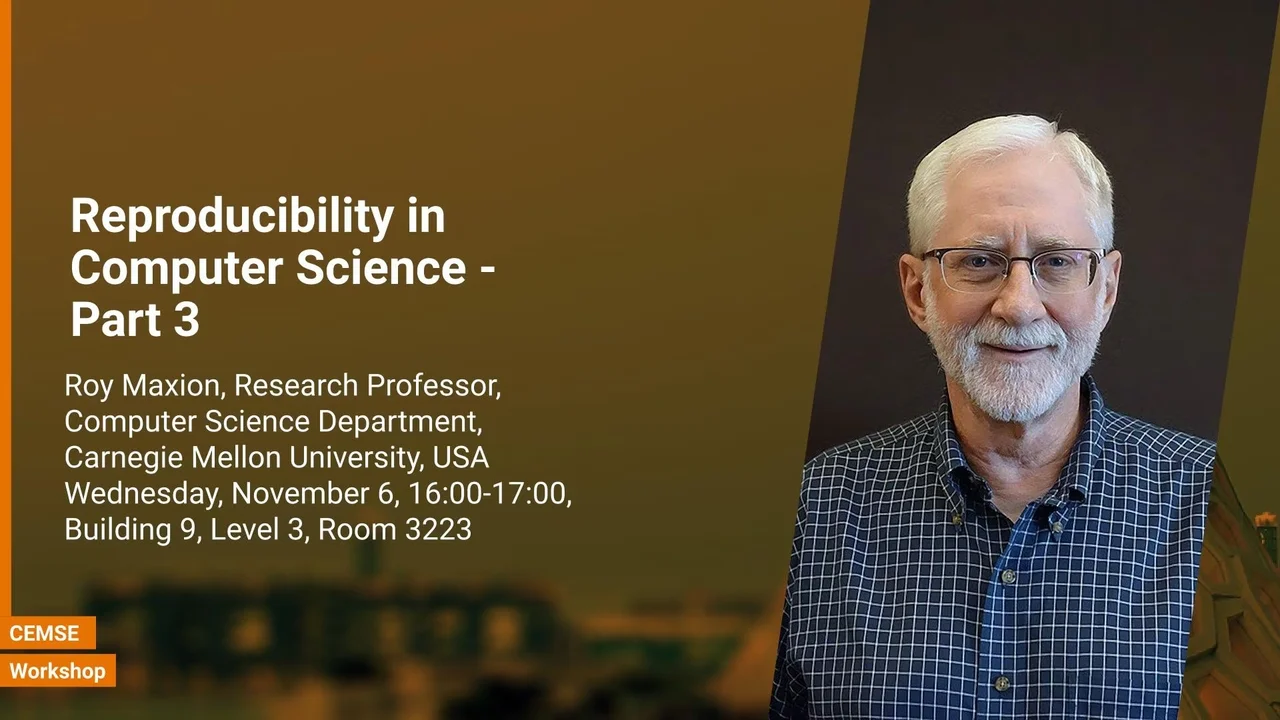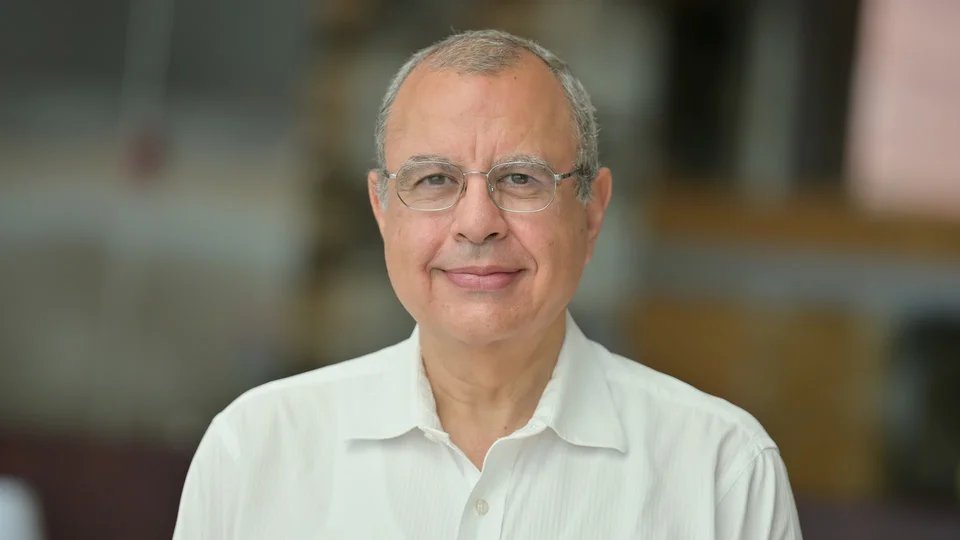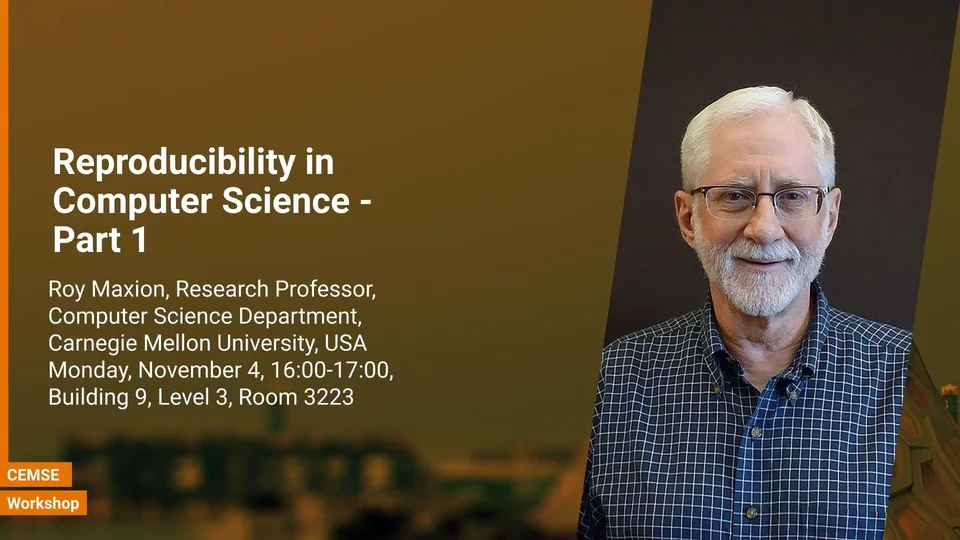
Reproducibility in Computer Science - Part 3
B9 L3 R3223
Roy Maxion will give three lectures focusing broadly on different aspects of an increasingly important topic: reproducibility. Reproducibility tests the reliability of an experimental result and is one of the foundations of the entire scientific enterprise. We often hear that certain foods are good for you, and a few years later we learn that they're not. A series of results in cancer research was examined to see if they were reproducible. A startling number of them - 47 out of 53 - were not. Matters of reproducibility are now cropping up in computer science, and given the importance of computing in the world, it's essential that our own results are reproducible -- perhaps especially the ones based on complex models or data sets, and artificial intelligence or machine learning. This lecture series will expose attendees to several issues in ensuring reproducibility, with the goal of teaching students (and others) some of the crucial aspects of making their own science reproducible. Hint: it goes much farther than merely making your data available to the public.
Overview
Abstract
Roy Maxion will give three lectures focusing broadly on different aspects of an increasingly important topic: reproducibility. Reproducibility tests the reliability of an experimental result and is one of the foundations of the entire scientific enterprise. We often hear that certain foods are good for you, and a few years later we learn that they're not. A series of results in cancer research was examined to see if they were reproducible. A startling number of them - 47 out of 53 - were not. Matters of reproducibility are now cropping up in computer science, and given the importance of computing in the world, it's essential that our own results are reproducible -- perhaps especially the ones based on complex models or data sets, and artificial intelligence or machine learning. This lecture series will expose attendees to several issues in ensuring reproducibility, with the goal of teaching students (and others) some of the crucial aspects of making their own science reproducible. Hint: it goes much farther than merely making your data available to the public.
Brief Biography
Roy A. Maxion (F’08) is currently a Research Professor with the Computer Science and Machine Learning Departments, Carnegie Mellon University. He is also the Director of the CMU Dependable Systems Laboratory whose studies include computer security, behavioral biometrics, insider/masquerader detection, usability and keystroke forensics, in addition to traditional system reliability and information assurance. Dr. Maxion has been the Program Chair of the International Conference on Dependable Systems and Networks, a member of the Executive Board of the IEEE Technical Committee on Fault Tolerance, the United States Defense Science Board, the European Commission AMBER Advisory Board, and other professional organizations. He has consulted for the U.S. Department of State as well as for numerous industry and government bodies. He has been on the editorial boards of the IEEE Transactions on Dependable and Secure Computing, the IEEE Transactions on Information Forensics and Security, and the International Journal of Security and Networks. He is currently on the editorial boards of the IEEE Security & Privacy, and the International Journal of Biometrics. He is an elected member of the IFIP 10.4 working group on dependable computing and fault tolerance. (source: IEEE Xplore Author)

